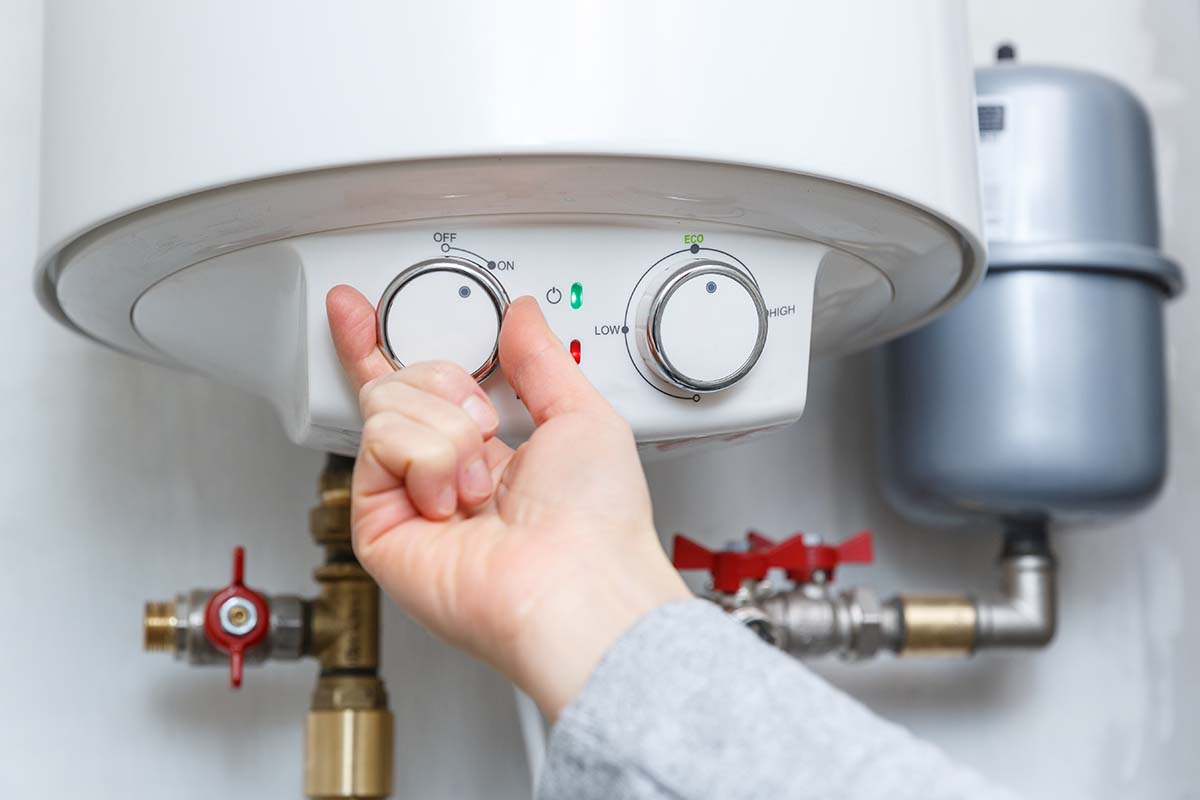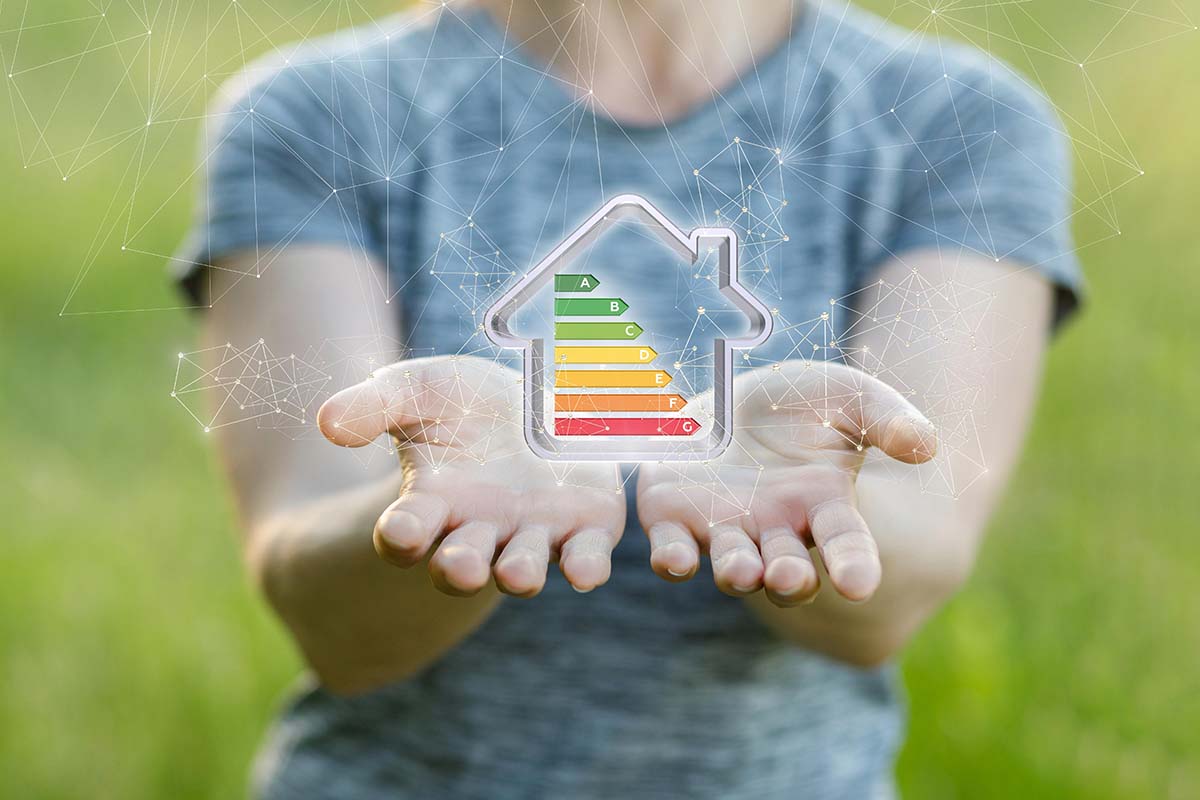Smart Strategies for Energy-Efficient Hot Water
KEY POINTS
- Off-Peak Water Heating Saves Money: Heating your water during off-peak hours can significantly reduce your energy bills, with some households saving up to 30% annually.
- Eco-Friendly Choice: By using electricity when demand is low, off-peak water heating lessens the strain on power grids and helps reduce greenhouse gas emissions, making it a sustainable option.
- Maintenance and Right System Choice are Key: Regular check-ups and selecting a system that matches your lifestyle and water usage can enhance efficiency and prevent unexpected costs, ensuring long-term savings and performance.
Hey everyone! We’re all keen on saving a few bucks and looking after our beautiful environment, especially in Australia, right? I’ve been on this journey myself, trying to find ways to cut costs and be eco-friendly. One gem I’ve stumbled upon is off-peak water heating systems.
Ever noticed how things tend to be cheaper when not everyone’s jumping on them? That’s the go with heating your water during off-peak times – like in the wee hours or late at night when most Aussies aren’t using much power.
It’s been a real winner for lowering my electricity bills, and it’s a solid high-five for the environment since it helps take it easy on our power grids.
So, let’s have a yarn about why heating your water off-peak is a ripper idea, how it’s been saving me a pretty penny, why it’s great for our Aussie environment, and some handy tips on making it work in your home Down Under.
Contents
A Deep Dive into Off-Peak Hot Water Systems
An off-peak hot water system is ingenious in its simplicity. It’s a system that heats up water during the late night or early morning periods, colloquially termed as “off-peak” times when energy demand is considerably reduced.
This water is well-insulated and stored for utilization during the course of the day.
Off-peak hot water systems exhibit an array of advantages. For one, they contribute to controlling energy costs by operating primarily when energy tariffs are considerably lower.
Further, by tapping into low-demand periods, they optimize the use of power resources.
Other hot water systems, although still beneficial, could potentially pale in comparison to off-peak systems when it comes to the environmental and fiscal benefits.
Essential Tips to Ramp up the Efficiency of Your Hot Water System
A concerted effort to optimize water usage can significantly enhance your hot water system’s efficiency. This starts with selecting an appropriate system that mirrors your lifestyle and meets your water usage patterns.
In tandem with this, adopting the correct water temperature setting is essential – avoid excessive heat to prevent unnecessary heat losses, which further translates into energy wastage.
Disking out a specific amount of time for regular system maintenance and servicing can also guarantee that your system remains at its most efficient.
Keeping your system in exceptional condition safeguards against unexpected expensive repairs and prolongs the system’s long-term life.
Upgrading to a more energy-efficient system when the time is right can lead to even more substantial energy savings in the long run. Remember to seek a plumber’s guidance on optimising off-peak hot water usage, professional advice always comes in handy.
Understanding the Impact of Off-Peak Water Heating on Your Energy Bill
Choosing to heat your water during off-peak times can have a profound influence on reducing your energy bills. Electricity suppliers lower their tariffs during off-peak hours due to a decline in power demand. Thus, hot water that is heated and stored during these periods comes at a reduced cost.
The savings you can achieve with off-peak heating can be estimated by juxtaposing the tariffs during peak and off-peak periods against your quantity of hot water consumption.
Several case studies have revealed homeowners achieving savings of about 30% annually on their energy bills by using off-peak heating.
Off-Peak Hot Water Systems and Their Environmental Contribution
Switching to off-peak systems isn’t merely an economically right decision; it also leans towards ecological responsibility. By consuming less energy to heat your water, you inadvertently lessen your carbon footprint, thereby directly reducing greenhouse gas emissions.
The principles of off-peak water heating systems ensure that pressure on power plants is alleviated during periods of high power abundance, slashing their output considerably.
Environmental friendliness is taken to a new level with the possibility of combining off-peak systems with renewable energy sources – such as solar panels. This functionality dovetails perfectly with the idea of sustainable living and brings environmental conservation to the forefront of their benefits.
Guidelines for Choosing the Optimal Off-Peak Hot Water System 
Choosing an off-peak system best suited to your household needs entails careful considerations. Factors such as the size of your household, the average hot water usage, and the system budget should be taken into account.
Examining different models across various brands may reveal discrepancies in efficiency levels and capacities, which is crucial to bear in mind before making the final choice.
Recruiting the right professionals, like plumbers or energy consultants, can ensure accurate advice for the system’s choice and subsequent installation. Additionally, one shouldn’t overlook understanding the warranty and promise terms manufacturers provide.
These offer assurance about the system’s dependability and logistic cover for future repairs or part replacements, all contributing to higher long-term cost savings.
Strategies for Energy-efficient Hot Water: Conclusion
Now that you’ve journeyed with us through these multiple facets of off-peak water heating systems, their fiscal and eco-beneficial inclination becomes apparent. However, simply having an off-peak water heating system isn’t enough.
Active steps towards optimizing its usage and regular maintenance are necessary for deriving maximum benefits. Opting for off-peak water heating can provide inarguable instrumental value to the cost-effectiveness and eco-friendliness of your household utilities.
The integration of off-peak water heating systems into our day-to-day lives is proof that with a little planning and smart choices, we can live sustainably without sacrificing our comforts.
As always, for any further inquiries or for more technical aspects of your system, we recommend consulting with professionals who can provide guidance tailored to your specific needs. Every small step towards energy efficiency, like choosing to heat your water during off-peak hours, contributes to a larger aim – reducing emissions and paving the way for a more sustainable planet.

